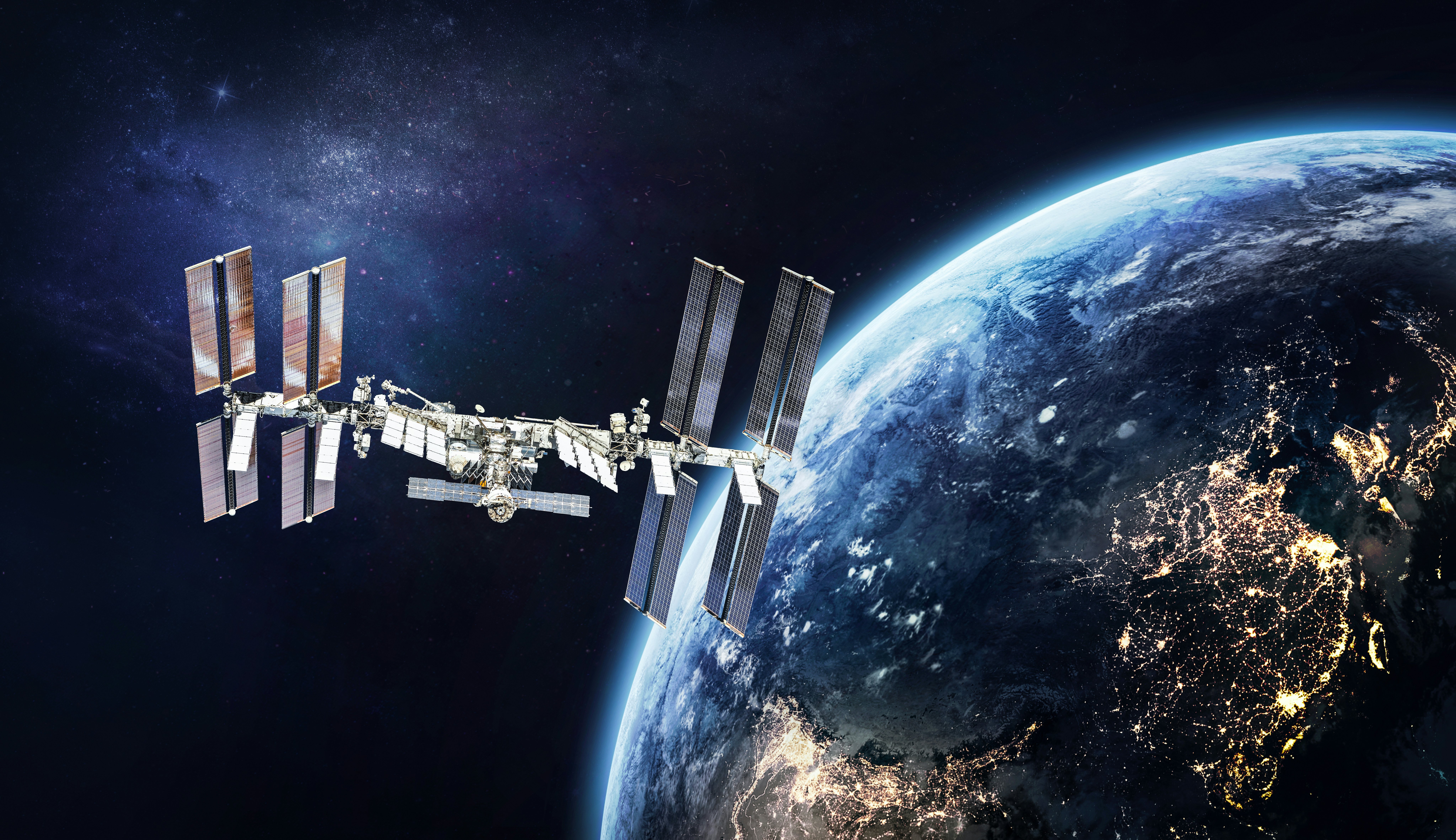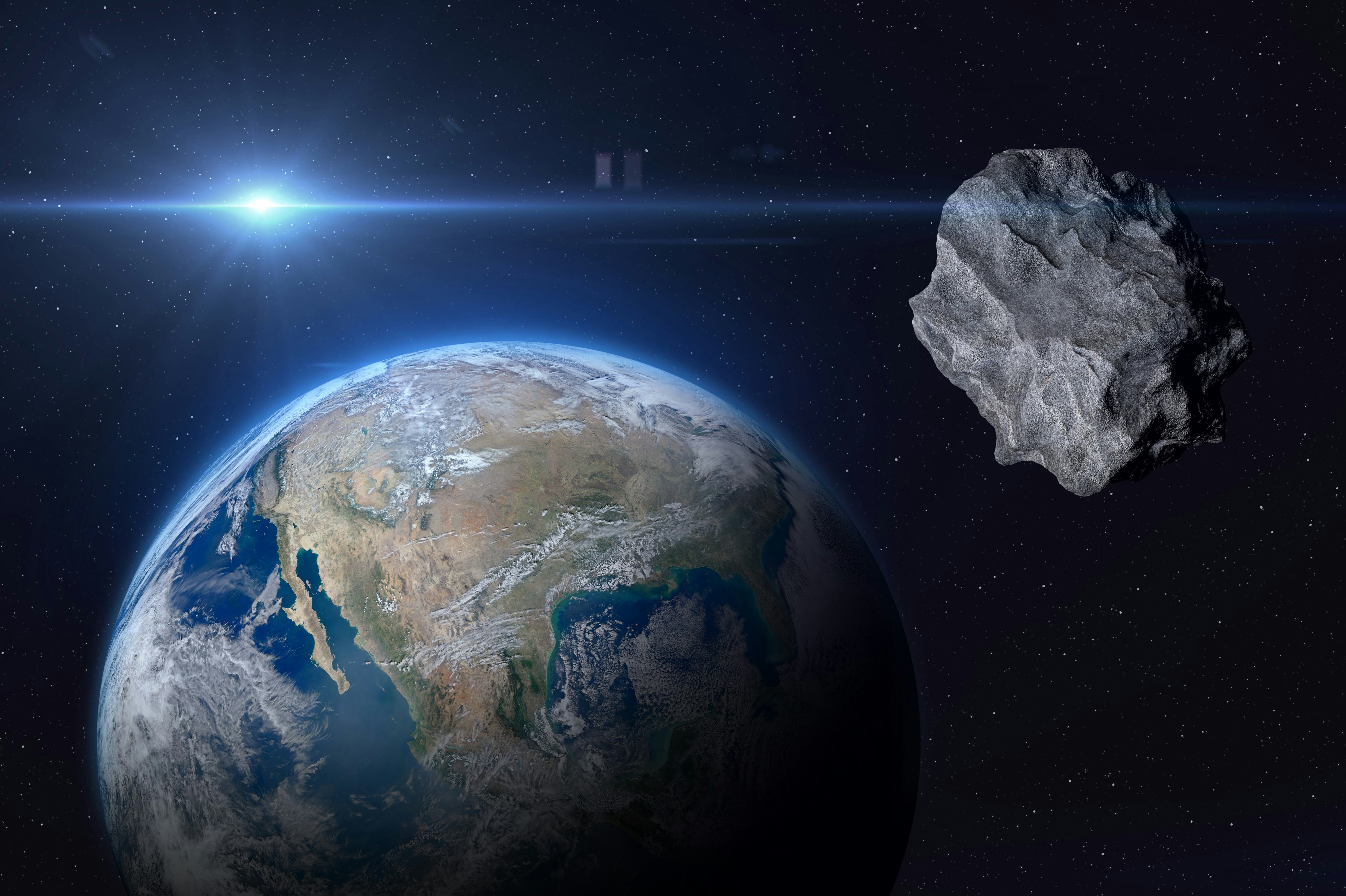
Whenever I see studies on how one type of exercise will benefit one type of health condition in one measurable way, I immediately want to know: How much exercise are we talking about here? Surprisingly, it’s not always obvious how much exercise or how intense the exercise needs to be to have the desired outcome — but thankfully, one team of researchers has gone straight to the logical end of my line of questioning in a new study on treating depression. They ask: What is the bare minimum amount of exercise you need to do to alleviate the risk of depression? And now, dear reader, we know an answer.
This is an adapted version of the Inverse Daily newsletter for Tuesday, May 3, 2022. Subscribe for free and learn something new every day.
It might not be the final answer, but that’s what science is all about. I’m Claire Cameron, an editor here at Inverse, and I am glad you are here with me on what I hope to be a fine, uneventful, and unremarkable (in a good way) Tuesday. Keep scrolling for stories on the International Space Station, a rambunctious robot, and more.

Is Russia’s withdrawal from the ISS a bluff?
Recent comments suggest Roscosmos intends to leave the International Space Stations over Ukraine war-related sanctions. As Bloomberg reports, Roscosmos’ Dmitry Rogozin recently told Russian state media outlets that Russia has finalized plans to leave the ISS partnership. However, he did not provide a date.
“We have prepared our proposals,” Rogozin said in an interview with a broadcast news network, according to state-owned news agency RIA Novosti.
“They have been sent to the government and the president. The decision has already been made. We are not obliged to speak about it publicly.”
The ISS is a joint mission between the U.S., Russia, and several other space agencies and depends on close collaboration between those partners to remain operational. Russia provides significant financial support to the space station, and the ISS is made of both a Russian and a U.S. module joined together. Each is dependent on the other for critical capabilities, so Russia withdrawing could effectively cripple the station, though it’s too soon to say exactly what will happen.

Scientists calculated the bare minimum amount of exercise to fight depression
In a new study, researchers found people who spent a lesser amount of time than you think briskly walking each week had a lower risk of depression compared to those who didn't exercise.
Synthesizing the results of 15 studies, a group from the University of Cambridge found that a difference starts to kick in at about half of the World Health Organization’s recommended minimum for weekly physical activity and the benefits do not increase much once you reach the full amount (creating yet another reason to never join CrossFit if you don’t want to).
The researchers, publishing their findings this month in JAMA Psychiatry, compiled 15 preexisting studies in which participants’ activities and health outcomes were measured over a median of 8.5 years. In total, the meta-analysis included data from 191,130 people.
They write: Accumulating an activity volume equivalent to 2.5 hours of brisk walking per week was associated with 25 percent lower risk of depression, and at half that dose, risk was 18 percent lower compared with no activity. Only minor additional benefits were observed at higher activity levels.

Watch this robot jump the height of a 10-story building
A new machine with jumping capabilities from the University of California, Santa Barbara doesn’t have an anthropomorphized form, but it can leap the highest that a robot — or living creature for that matter — has ever been able to. The team published the details on this tech jumper in the journal Nature last week.
Jumping robots are nothing new, but this one operates on a particular principle taken to the extreme. As a result, it can achieve massive heights, jumping 30 meters — almost 100 feet — in the air. The robot also has a simple, elegant design; at 30 centimeters tall, it resembles a model rocket.
“It's incredible to see something launch itself at almost 60 miles per hour,” Charles Xiao, a co-author and Ph.D. student at U.C.S.B. tells Inverse.

A Mount Everest-sized asteroid will sweep by Earth this month
A humungous asteroid that swept by Earth in 1989 will be coming back around for a much closer visit at the end of May.
The asteroid — 1989 JA — was discovered on May 1, 1989, by Eleanor Helin at Palomar Observatory. 1989 JA came close to Earth but was not considered hazardous at the time.
This time will be a different story, as asteroid 1989 JA will be close enough to be considered potentially hazardous, and even be visible with a small telescope from Earth. But don’t worry — it’ll be about 2.5 million miles away from Earth when it swings by on May 27.
The large space rock will also cross over Earth’s orbital path on its journey — passing behind our planet as it continues its journey around the Sun.

About this newsletter: Do you think it can be improved? Have a story idea? Want to share a story about the time you met an astronaut? Send those thoughts and more to newsletter@inverse.com.
- On this day in history: On May 3, 2000, the first geocache was stashed! Geocaching is an esoteric sport whereby players cache certain items and leave coordinate-based clues for other players to find the item (but the finder isn’t supposed to keep the item — the find is the fun). On May 3, 2000, the U.S. government removed certain blocks on non-military GPS receivers so people could play the game (the move also helped GPS become a thing we all can’t live without).
- Song of the day: "Lifetime," by Swedish House Mafia.







